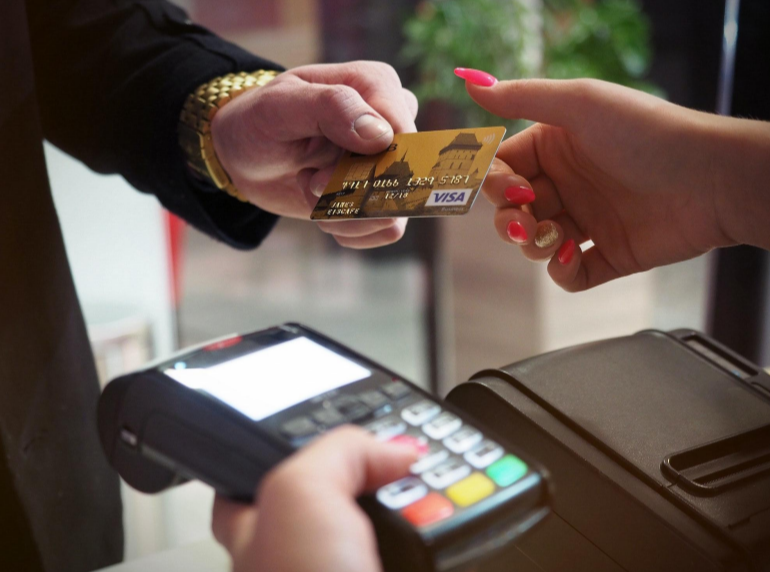Your financial habits may be one reason you find yourself with less money than you thought and constantly going over budget. Poor financial habits, even the smallest ones, can lead to big problems over your financial life.
This is why it is important to be conscious of where your money is going. This will allow you to reassess your financial situation, and to avoid certain financial habits. Here are the top 5 financial habits you should avoid if you want to cut back on unnecessary costs and save money.
Daily Coffee
It’s fine to treat yourself every once in a while by picking up your morning coffee. But doing this every day can add up exponentially. Take Starbucks for example. For a grande (medium) sized coffee it’s $2.10 (in Canada). Purchasing this 5 days a week will add up to $10.50 a week, and $42 a month. This doesn’t even include taxes — or tips!
This money can easily go towards something more important, like a savings account. We’re not saying to never buy a cup of coffee again, just try to avoid buying one every day, because the little expenses will add up over time.
Ordering Takeout/Eating Out
It’s very well known that ordering food is much more expensive than going grocery shopping and making your own meals. Just like buying a coffee every day, buying your lunch everyday if you’re at work, or buying dinners because you’re too tired to make anything will add up over time.
To understand this, you can go to your monthly bank statement and add up how much you spend eating out each month. Having a grasp on this will help you be aware of where your money is going, and realize how much money you could have saved by eating at home.
Consider bringing lunches to work, meal prepping for the week, or having groceries at home ready to prepare. You can try only ordering food out on the weekends, and stick to homemade meals during the week. Do whatever works for you, but if you want to cut back on costs and save money, you should avoid eating out frequently.
Spending everything you earn
Saving pays off in the long run. You should always have a budget that includes how much you will put away in savings. The amount totally depends on the person and what they’re comfortable with. Even saving a small amount each month is better than saving absolutely nothing.
You may be able to automatically transfer a percentage from your paycheck to a savings account that will earn you some interest. This will ensure that you are putting money away constantly, building a healthy practice without having to think about it.
Not Paying Your Bills On Time
Late bills mean late fees and interest charges. These are expenses that you should not be paying. Avoiding bills will only accumulate more debt, and it’s financially dangerous. Not only will it cost you more, but poor payment history can affect your credit score as well.
To ensure your bills are paid on time, set up automatic payments each month. That way, you don’t even have to worry about whether your bills have been paid each month. Just remember to include bill payments as a part of your budget, to ensure that you have enough money each month.
Buying the Latest, Newest Things
Buying things just to show off, or to keep up with the latest trends does nothing for you in the long run, and causes you to overspend. Before buying something, ask yourself if you really need it, if you could do without, and if it will have any value for you in the future?
Of course you’re allowed to buy things that give you happiness, like new clothes, shoes or devices. But make sure you’re not overspending on these things in order to keep up with peer pressure and social expectations. Always have a budget in mind, and if a purchase doesn’t fit, you can probably do without it

